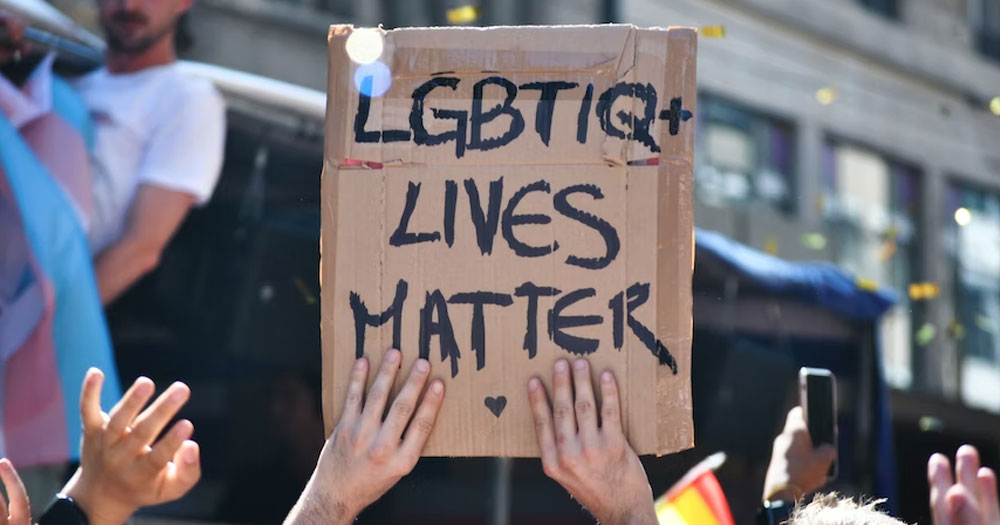As reported on October 26 by the Irish Times, the Cabinet approved the Incitement to Hatred and Hate Crime Bill which, if passed, will see people living in Ireland receive greater protection from hate crimes and hate speech. The Bill will now go through its second stage in the Dáil.
After engaging with academics and experts on the subject, the Department of Justice brought the Bill to the Cabinet on Tuesday. During the discussion, ministers were told that the list of “protected characteristics” included in the Bill was being expanded to follow international best practice on hate crime and hate speech. The current list includes sexual orientation and gender, encompassing gender identity and gender expression, and sex characteristics.
If passed, the Bill will introduce “aggravated” versions of existing criminal offences in cases in which such offences are motivated by prejudice against a victim’s “protected characteristics” and will also update the hate speech legislation in Ireland, replacing the Prohibition of Incitement to Hatred Act 1989. Under the new law, a person found guilty of inciting hatred against an individual or a group based on bias against one of the “protected characteristics” could face up to five years in prison.
The NXF welcomes Cabinet sign-off this morning of Hate Crime Bill, which will explicitly cover sexuality and gender identity & expression.
Robust & effective legislation in this area has long been a pressing ?️?priority.@GCNmag #StopHate @rodericogorman @Fiona_Kildare @LGBT_ie https://t.co/E8DK7iVND9
— NXF (@nxfie) October 26, 2022
The Bill was developed through a public consultation process which entailed more than 4,000 responses. It will also include a general provision to protect freedom of expression and it will clarify what are the types of communication or conduct that might be considered as incitement of violence or hatred.
In July, Minister Helen McEntee announced that she intends to introduce a “demonstration test” in the Bill, which will change the way hate crimes are investigated and prosecuted. She pointed out that motivation alone is “difficult to establish and therefore might not result in a conviction”. A demonstration test will be based on a perpetrator showing bias against one of the “protected characteristics” at the moment of the offence and the Cabinet was informed that this could include use of prejudiced slurs, gestures, symbols or graffiti.
Moreover, the legislation will entail safeguards to ensure that perpetrators are still convicted of the “ordinary” form of the offence in case evidence to prove the hate element is insufficient.
SPONSORED CONTENT
© 2022 GCN (Gay Community News). All rights reserved.
Support GCN
GCN is a free, vital resource for Ireland’s LGBTQ+ community since 1988.
GCN is a trading name of National LGBT Federation CLG, a registered charity - Charity Number: 20034580.
GCN relies on the generous support of the community and allies to sustain the crucial work that we do. Producing GCN is costly, and, in an industry which has been hugely impacted by rising costs, we need your support to help sustain and grow this vital resource.
Supporting GCN for as little as €1.99 per month will help us continue our work as Ireland’s free, independent LGBTQ+ media.
